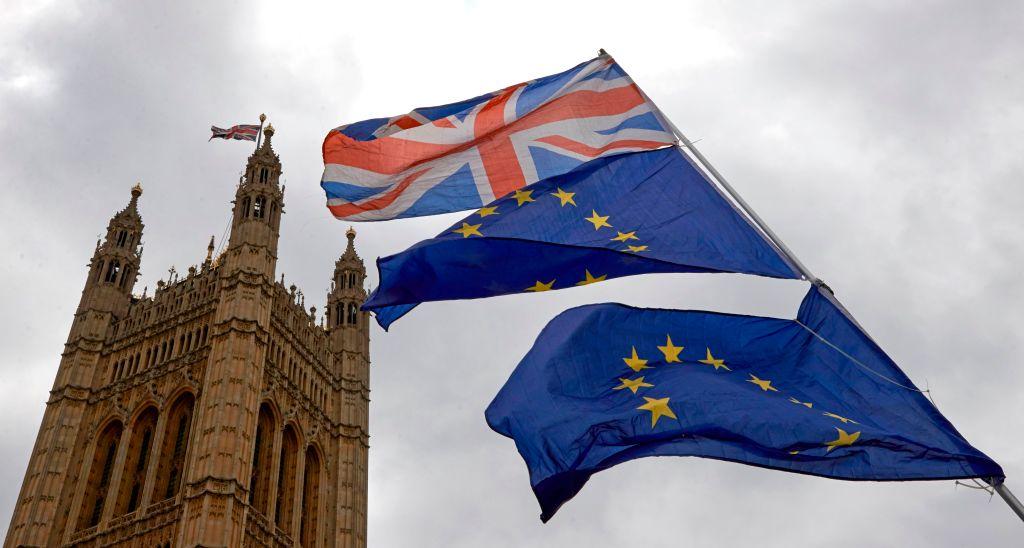Britain’s referendum on European Union membership in 2016 split the UK into a nation of “remainers” and leavers.” But after two years, neither camp is happy with how things are going.
On Saturday, pro-EU remainders will head into the streets en masse to vent their frustrations on the two-year anniversary of the vote.
But with the UK still wed to the EU—and the process mired in party politics—those who voted to leave are frustrated too as negotiations with the EU head into the endgame.
“There is disappointment on both sides with the negotiations,” said Ian Montagu, an expert in social attitudes data who works at NatCen for Social Research alongside Ian Curtice, one of the few pollsters to correctly predict the latest UK election result.
“People have become a bit more pessimistic about anticipating the consequences of Brexit, but even more so they’ve become critical of how the negotiations process is being handled.”
But the pessimism among those who voted to leave the EU doesn’t mean that they are changing their minds, he said.
“Rather than feeling that their world view is wrong, rather than feeling that Britain can’t be successful after Brexit, they just feel that politicians aren’t doing it right.”
Prime Minister Theresa May has struggled to patch together a Brexit plan with a party rife with division, a wafer-thin parliamentary majority, all the while fighting off attempts to wrest final control over the direction of Brexit from her administration to lawmakers.
By October, she needs to complete negotiations with the EU on a deal that will determine what Brexit will really look like.





